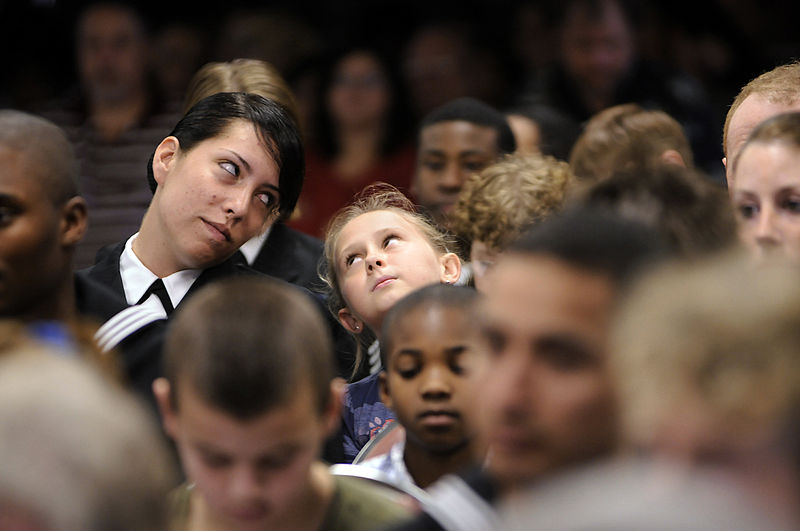A Different Set of Rewards
Are Performance-Based Awards Ceremonies at Schools Obsolete?

The new school year is here, which is the ideal time to look ahead to how a school year is concluded and the choices made along the way. The traditional and deeply set celebration of year’s end is a public ceremony that recognizes a select few students with medals, based on their academic performance. A public reward for “winners,” based on limited criteria, means that the majority of students are the “losers.” That can only impair students’ motivation.
This reward method is a long-held practice but not an equitable one. Most schools focus on rewarding academic achievement, which misses the fact that not all students test well in conventional methods of evaluation. Collective respect can not be maintained by singling out only a few students, and these ceremonies do not support a democratic school system.
A better alternative would be to recognize an entire class’s effort or to honor every single student for their particular strength, talent, or skill. Learning is a reward itself!
If there is to be a public ceremony, awards should be extended to additional areas of evaluation, such as those that align with the core values of the school, giving the students opportunities for success beyond academics.
Harold Göthson, a Swedish pedagogist rooted in the Reggio Emilia philosophy, believes that our school system needs a more complex aspiration for education, a more sustainable education engaging young students’ intelligence and creativity.
Göthson supports the idea that education should be democratic. Teachers should be able to support all of their students without singling some out. “Together we believe in democracy as a right and a tool for shared values that supports diversity, applauds the idea of opposing point of view, and believes in dialogue that confirms possible and diverse viewpoints” (Göthson, Harold 2016 “Teachers are essential to democracy”: Innovations in Early Education). He believes that education is the most valuable key that makes a democracy and that the teachers have an essential purpose in our democracy.
Teachers need to honor the multiple intelligences of our children, embrace parent participation in this time of global education. The dominating and disadvantageous school award ceremony undermines these efforts. A teacher’s positive performance is an essential aspect in our democracy. “We must use the potential of teachers to build a process for an education that struggles to promote a global democratic citizenship that includes all citizens. It is not easy to coexist with the dominant discourse in education today, but our efforts are necessary and crucial for the health and the survival of our democratic cultures,” writes Göthson.
In fact, some teachers nowadays are choosing to ditch student awards during assemblies, based on evidence that the daily motivation in class is more effective, opening the door to more participation during class time, more creative students and more sense of freedom for problem solving.
I am convinced that behavior modification in the classroom should always be positive and democratic. In order to obtain outstanding performance, a teacher should consider a group-based rewards program or recognize every student for his or her particular strength.
Alfie Kohn , an American author who writes about human behavior and education, believes that students who are encouraged to think only about grades become less inclined to explore new ideas, take chances and think creatively. ”Children are likely to become enthusiastic, lifelong learners as a result of being provided with an engaging curriculum; a safe, caring community in which to discover and create; and a significant degree of choice about what(and how and why) they are learning. Rewards — like punishments — are unnecessary when these things are present, and ultimately destructive in any case.” (Kohn, Alfie 1994 “The Risk of Rewards”)
I believe and support our public education system, and I have dedicated countless hours to my child’s school in the past seven years. But we still need to learn from other schools approaches, national and internationally, to improve motivational practices within the classroom. Work and focus towards a more democratically-minded students and communities. To work at all levels in creating a caring community of young learners.
Public awards ceremonies should be an opportunity and an effective pedagogy practice to celebrate all the children that attended school, participated and engaged in the learning adventure. Recognize each of them for what they did every day as they proudly attend the ceremony to celebrate with the school principal, their teachers and families.
“Ensuring that every child feels a sense of security and belonging within the school enables each child to accept and participate actively in transforming situations that are part of learning experiences” —Loris Malaguzzi
Carmen Geiler is an anthropologist, a parent, and founder of Roosevelt Elementary School’s Green Committee.



